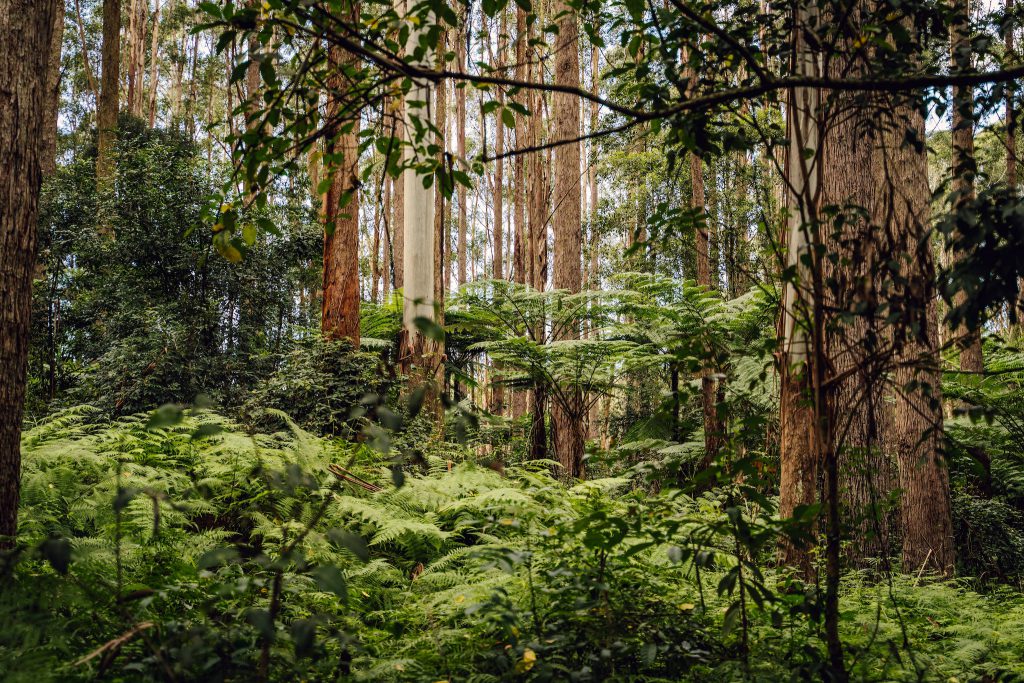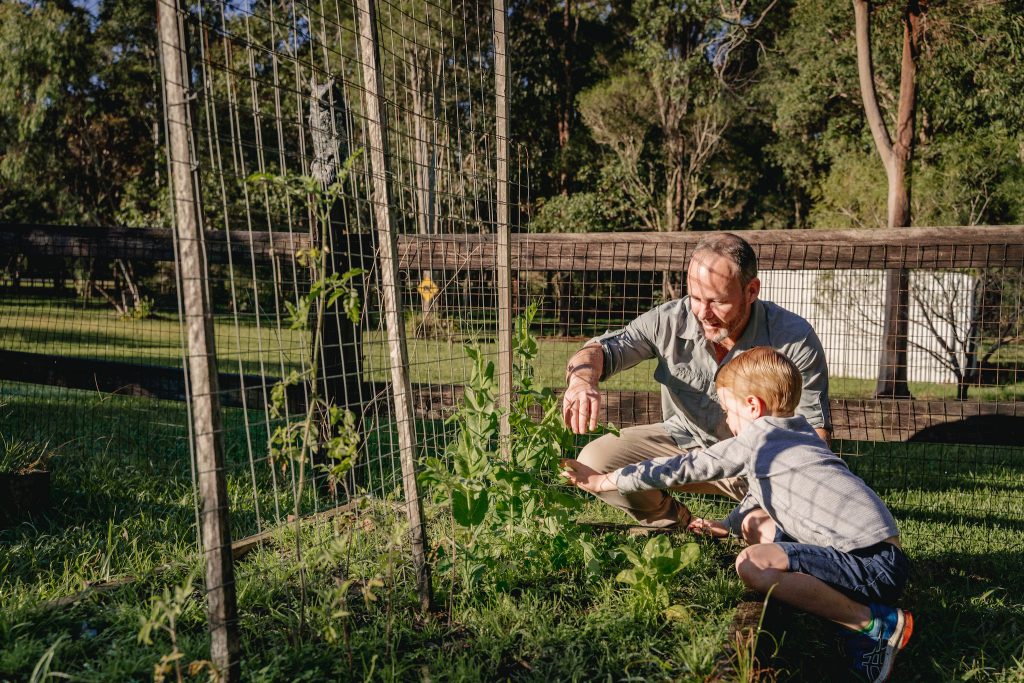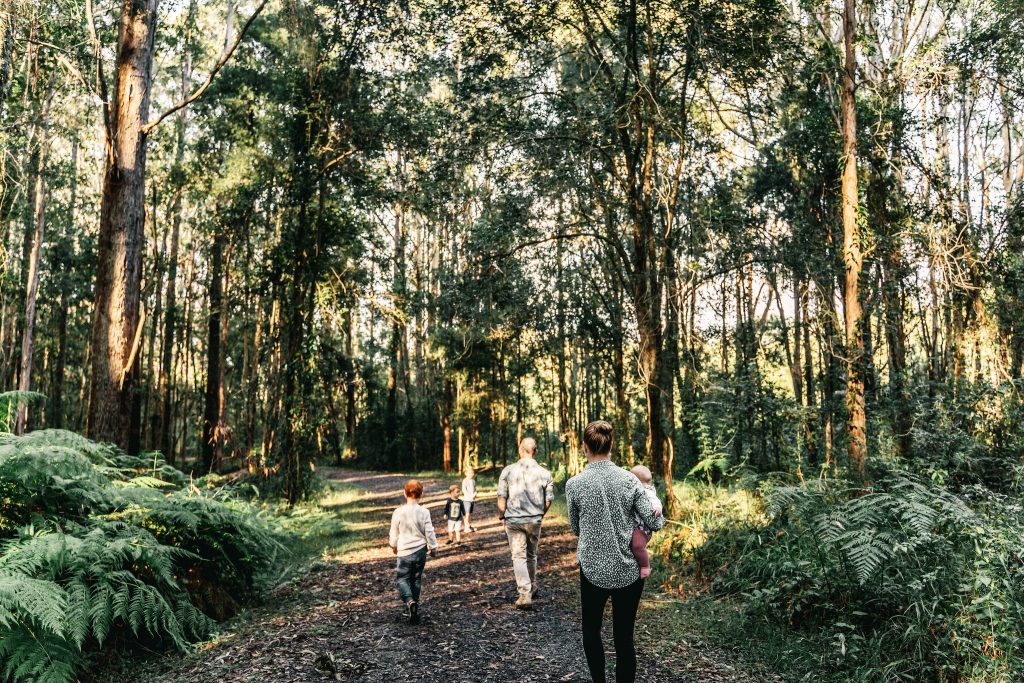The definition of Sustainable Logging is one you may struggle to find, as not many of our industry competitors are focused on the sustainability of your forest and long-term assets, rather just the profits that can be made today.
At Sustainable Forest Management, the long-term future of our native forests is at the heart of our business. Sustainability is not only in our name it is in every inch of our business process. We are passionate advocates for sustainable logging practices and at no loss of profit to you at all, in fact, our industry-leading approach ensures sustainability and that you maximise your returns.
This article provides guidance on sustainable logging, the benefits, and examples of sustainable forest management. Read on for more information and get in contact if you have any questions.
What is sustainable logging?
Sustainable logging is the active management of forests for the long term, ensuring both current and future needs can be met. Sustainable logging is the balance between the way people use forests for timber while maintaining the unique environmental and social benefits of forests. It carefully addresses community values like biodiversity, clean air and water, wildlife habitat, and cultural heritage.

To understand the true meaning of sustainable logging, however, firstly we consider ‘logging’ and secondly ‘sustainability’ of the process.
What is logging?
The dictionary definition of logging is ‘the activity or business of felling trees and cutting and preparing the timber’. Ultimately it is the harvesting of trees to produce a natural building resource – timber.
There are many logging companies that will happily fell almost any tree to make a profit and perhaps without the long-term health of the forest in mind. They may also cut down the tree without maximising its full potential, leaving wastage and unusable timber, and areas that are more difficult to regenerate. At Sustainable Forest Management we care about both the long-term health of the forest and maximising your natural resource. This leads us to the importance of sustainability.
What is sustainability?
Sustainability is the key to our world’s future, the health of our native forests, our access to natural resources, and the future of our businesses. It’s something we care so passionately about, it’s in our name.
The dictionary definition of sustainability is ‘avoidance of the depletion of natural resources in order to maintain an ecological balance.
For us, the key is balance. Timber is a natural resource. Trees are not meant to last forever. They are in fact one of the best natural resources we have on the planet, alongside water and wind. Trees are meant to grow, and then when they have reached or surpassed their full potential, make way for new trees to flourish.
Sustainable logging and forest management.
Sustainable logging could be seen as a bit of an oxymoron, like popular terms such as ‘deafening silence’ or a ‘definite possibility that are together contradictory. To be truly sustainable, logging needs to look further than just the trees that are being felled, but rather the next steps of forest regeneration.
Here, the term Sustainable Forest Management is a much better fit. Hence, our business name.
The concept of sustainable forest management has a long and evolving history in Australia. As our understanding of forest ecology has increased, and community attitudes have changed, management practices have also developed to meet sustainable timber yields and maintain and protect the core forest values.
The benefits of sustainable forest management.
The process of sustainable forest management helps manage the harvesting of selective trees that have reached or surpassed their potential, leaving behind healthy adolescent-aged trees, alongside the replanting or regeneration of land to enable the new forests to grow. A well-managed forest can last forever following the plant-grow-fell-plant-grow-fell lifecycle.

Logging of private native forests is a more sustainable and economical alternative to creating and harvesting dedicated timber plantations. Unlike plantations, native forests do not require fertilisers or insecticides, intensive cultivation, or on-ground management.
Sustainable logging can be an excellent revenue stream during this period of national timber shortage. Turn your trees into a healthy, working forest sustainably with our guide and make better returns. Invest in your business today!
For more information on active forest management and the future of native forests visit our Sustainable Logging page.
Cross References:



